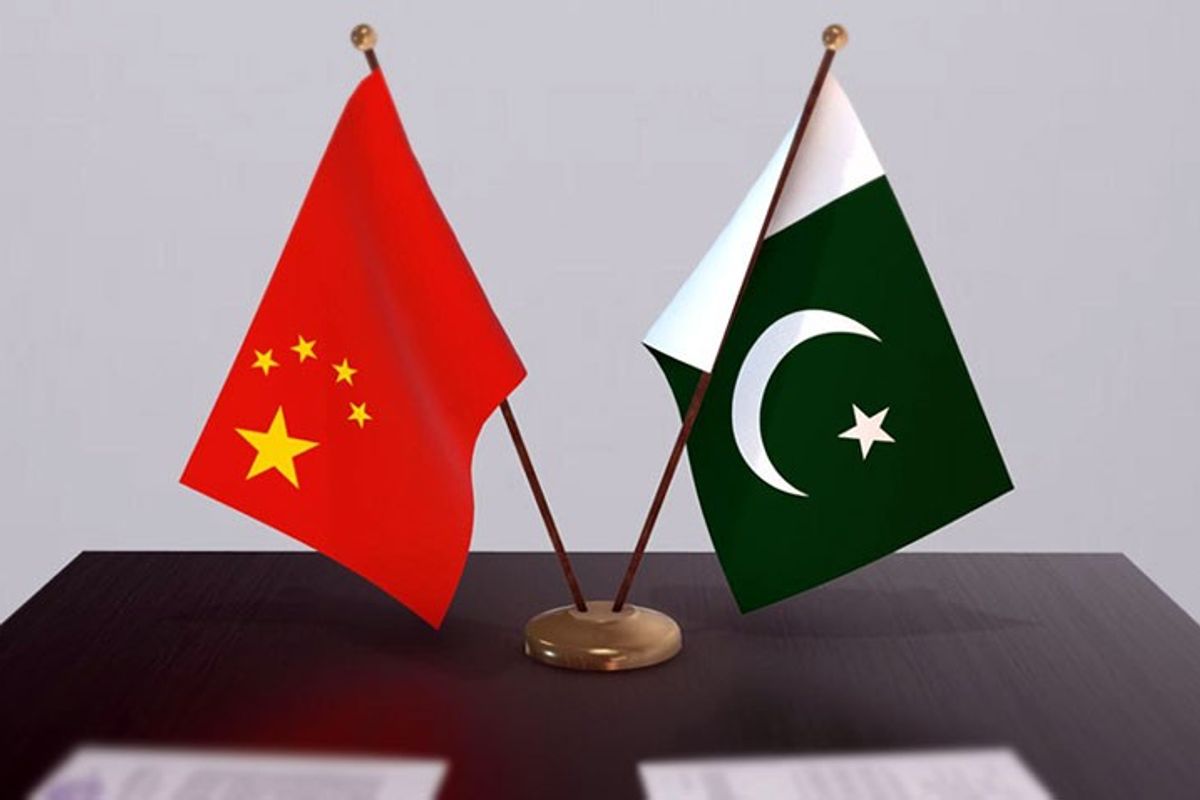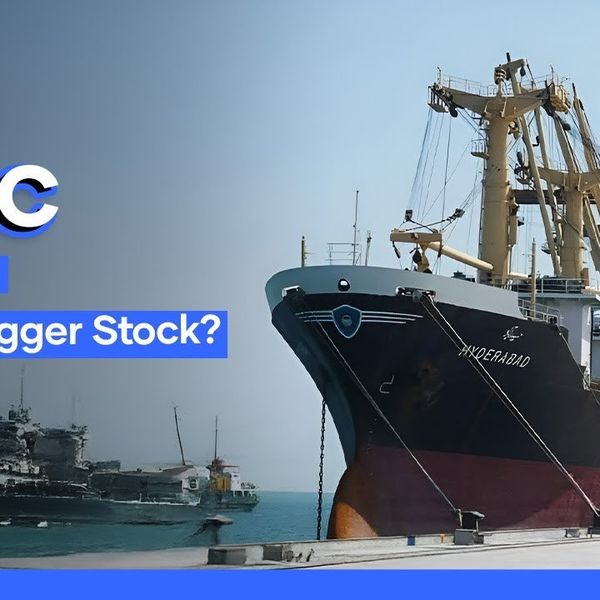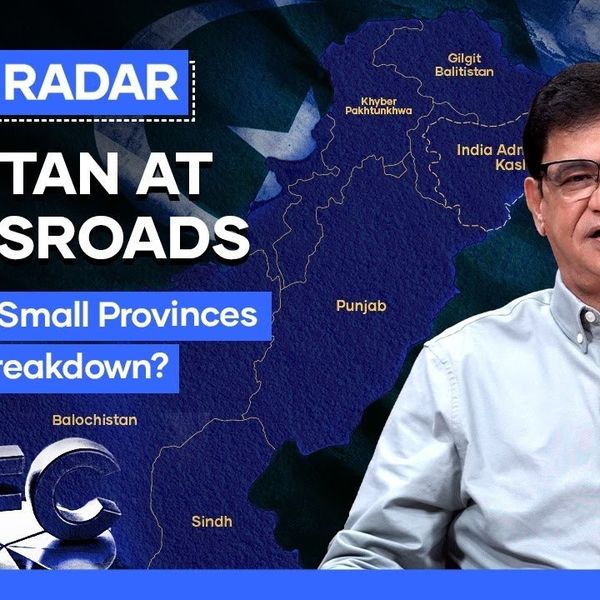Pakistan seeks over $2 billion from China for key CPEC projects
Funding request for Karakoram Highway, ML-1 railway, and Gwadar’s Eastbay Expressway to be tabled at Sept. 26 JCC meeting in Beijing as Islamabad leans on Chinese support

Haris Zamir
Business Editor
Experience of almost 33 years where started the journey of financial journalism from Business Recorder in 1992. From 2006 onwards attached with Television Media worked at Sun Tv, Dawn Tv, Geo Tv and Dunya Tv. During the period also worked as a stringer for Bloomberg for seven years and Dow Jones for five years. Also wrote articles for several highly acclaimed periodicals like the Newsline, Pakistan Gulf Economist and Money Matters (The News publications)

Pakistan is preparing a financing request of more than $2 billion from China for key infrastructure projects ahead of a crucial meeting of the Joint Coordination Committee (JCC) under the China-Pakistan Economic Corridor (CPEC), scheduled for Sept. 26 in Beijing, according to official sources.
The proposed agenda includes financing for three major projects: Phase II of the Karakoram Highway (KKH), the Main Line-1 (ML-1) railway track from Rohri to Multan, and the Eastbay Expressway in Gwadar.
Pakistan has requested around $1.5 billion in funding for the KKH Phase II and Eastbay Expressway, and an additional $500 million for the ML-1 railway segment.
According to planning documents, the realignment of KKH Phase II alone is estimated to cost approximately PKR 500 billion, while the 14-kilometer Eastbay Expressway project is expected to exceed PKR 30 billion. Officials say 85% of the financing for both KKH Phase II and the Eastbay Expressway will be sought from China under CPEC arrangements.
The JCC, which oversees the strategic infrastructure partnership between the two nations, is being convened at a time when Pakistan continues to face pressure on its external financing needs.
Despite a recent improvement in foreign exchange reserves, which rose to over $9 billion as of early September, supported by inflows from the International Monetary Fund and friendly countries, Pakistan remains heavily reliant on bilateral and multilateral financing to meet its development and debt servicing needs.
China remains Pakistan’s largest bilateral creditor and a key partner under CPEC, a multi-billion-dollar initiative that forms part of Beijing’s Belt and Road Initiative. The projects on the upcoming JCC agenda are seen as critical to improving regional connectivity and boosting economic activity, particularly in northern Pakistan and the port city of Gwadar.
Officials say the 12th JCC meeting in Beijing will also discuss timelines, loan modalities, and implementation challenges for the selected projects. Final decisions are expected to be taken following negotiations during the high-level talks.
With fiscal space constrained and upcoming external debt repayments looming, Islamabad sees Chinese financing as pivotal to keeping its infrastructure pipeline active without further straining domestic resources.










Comments
See what people are discussing